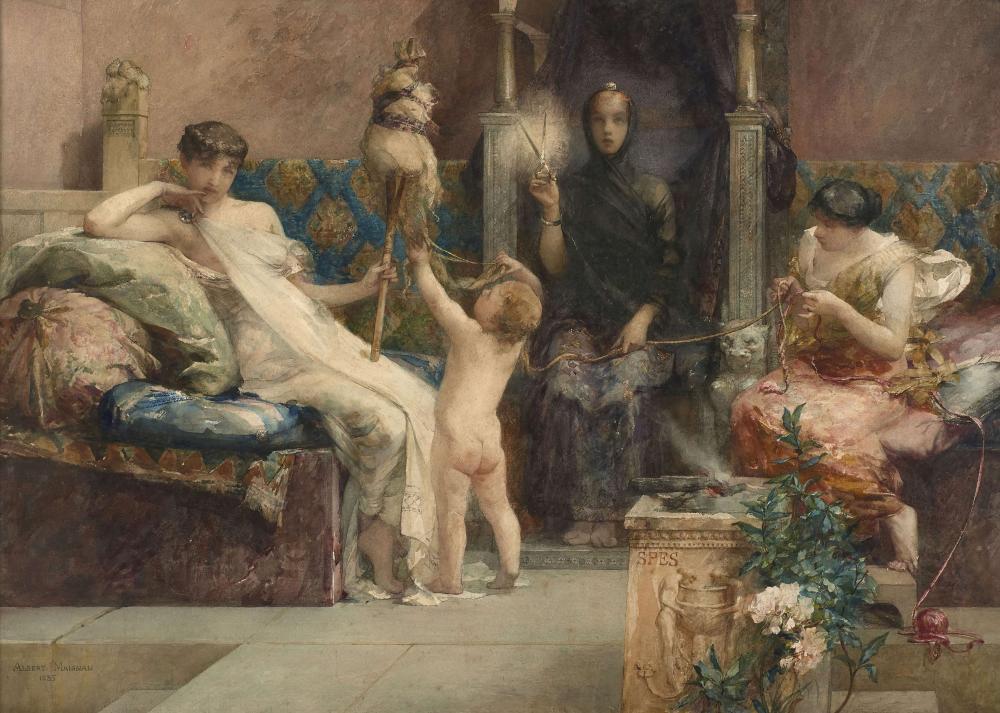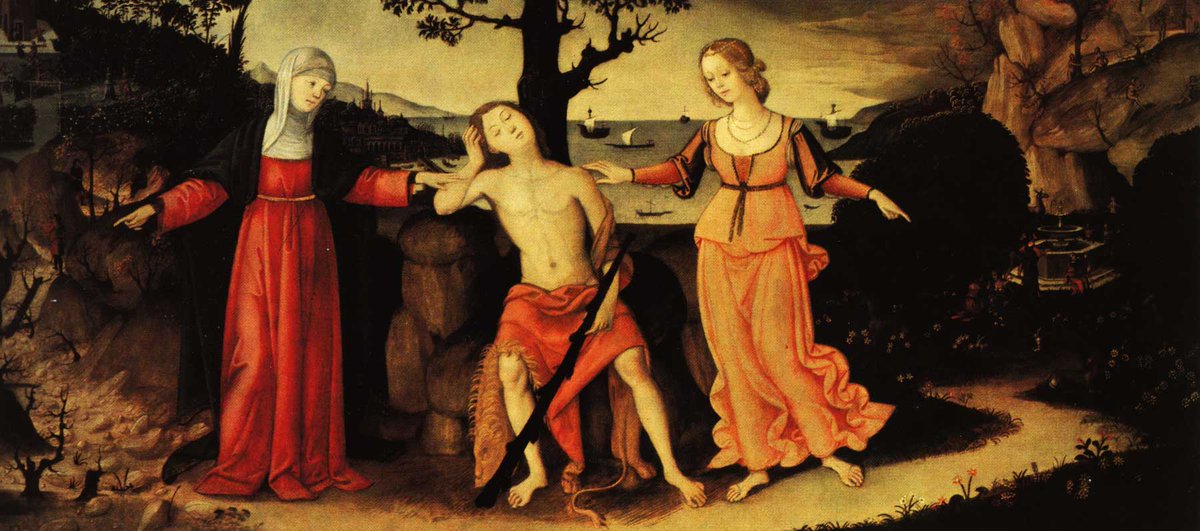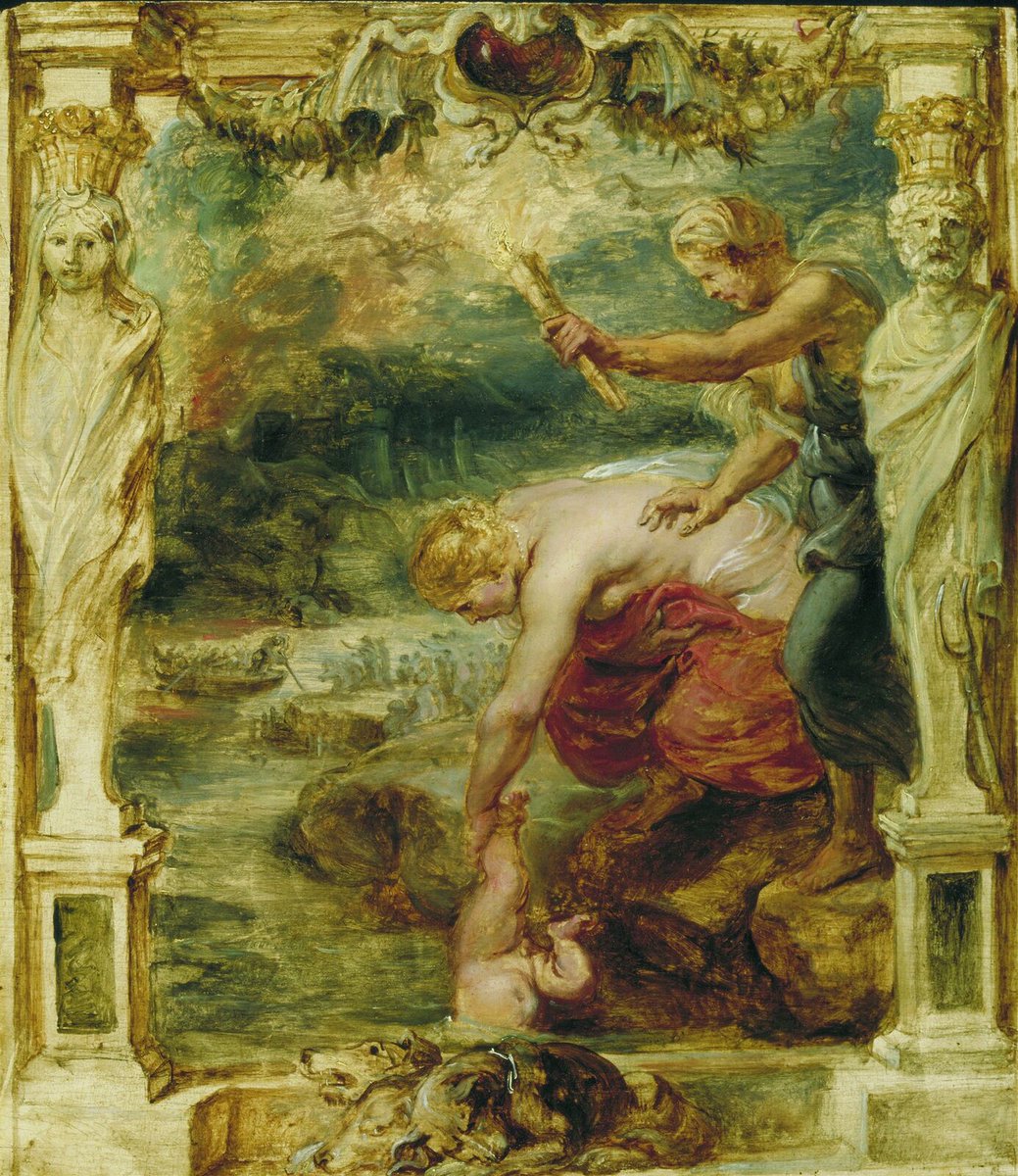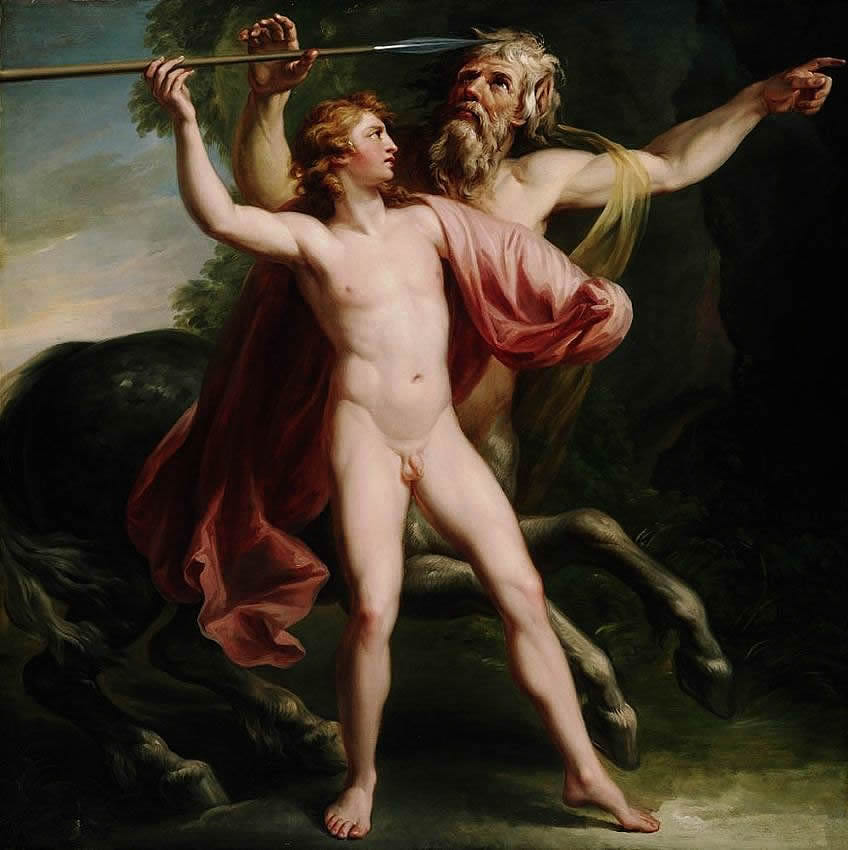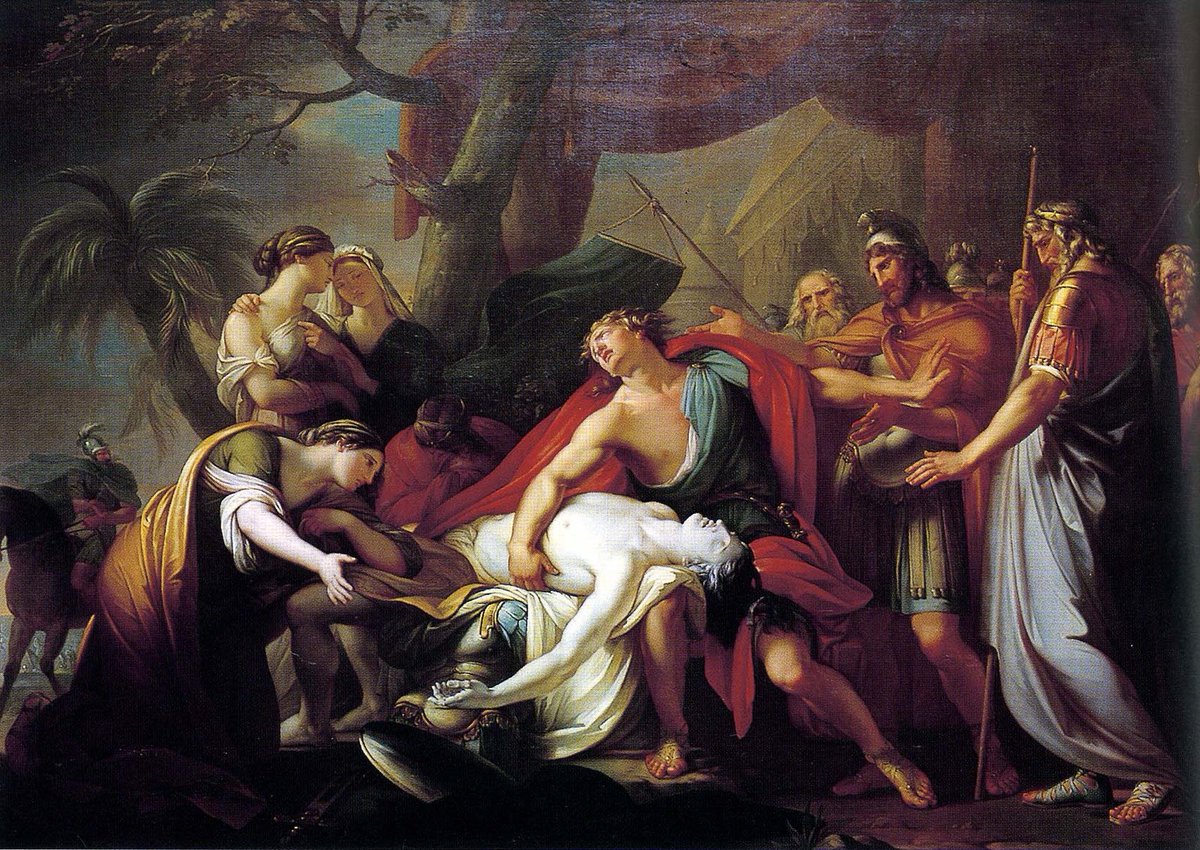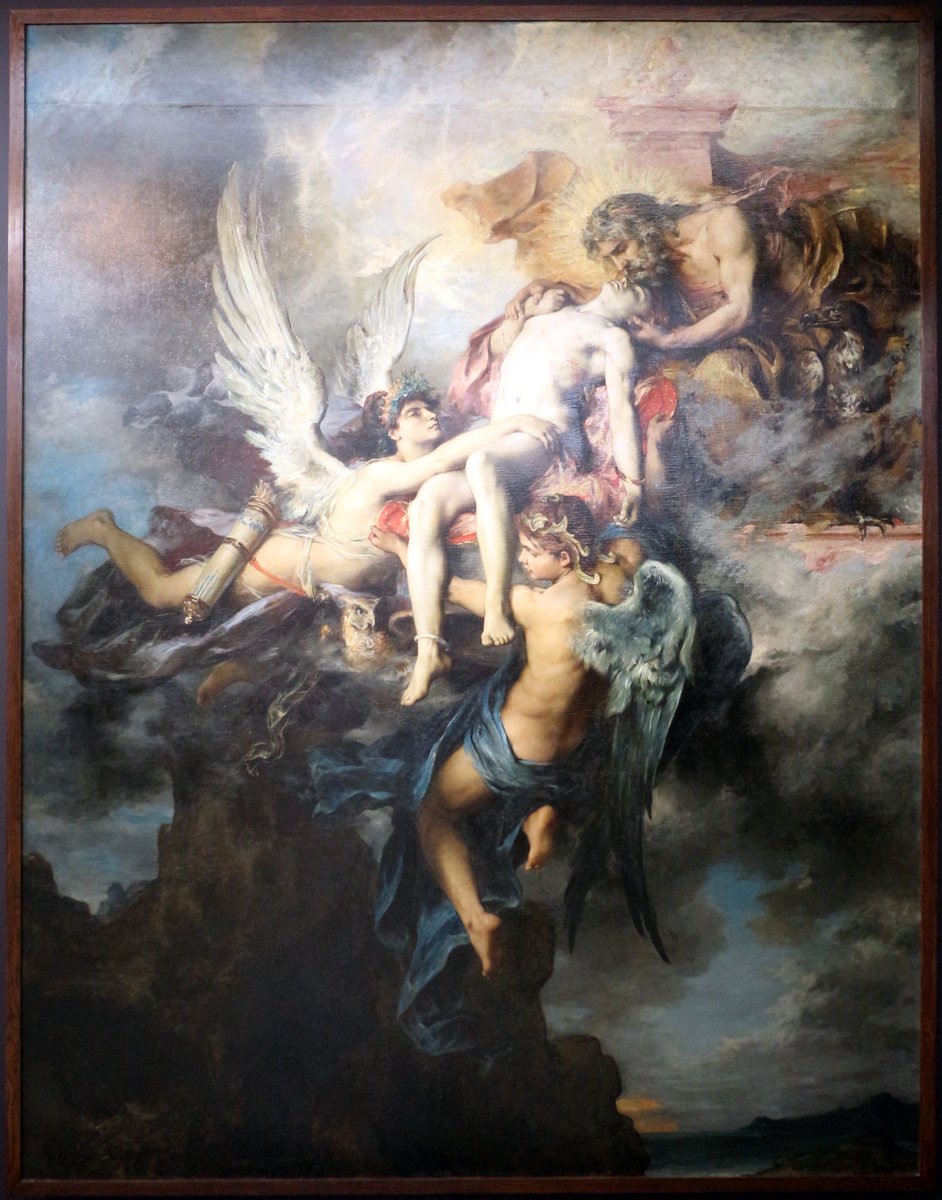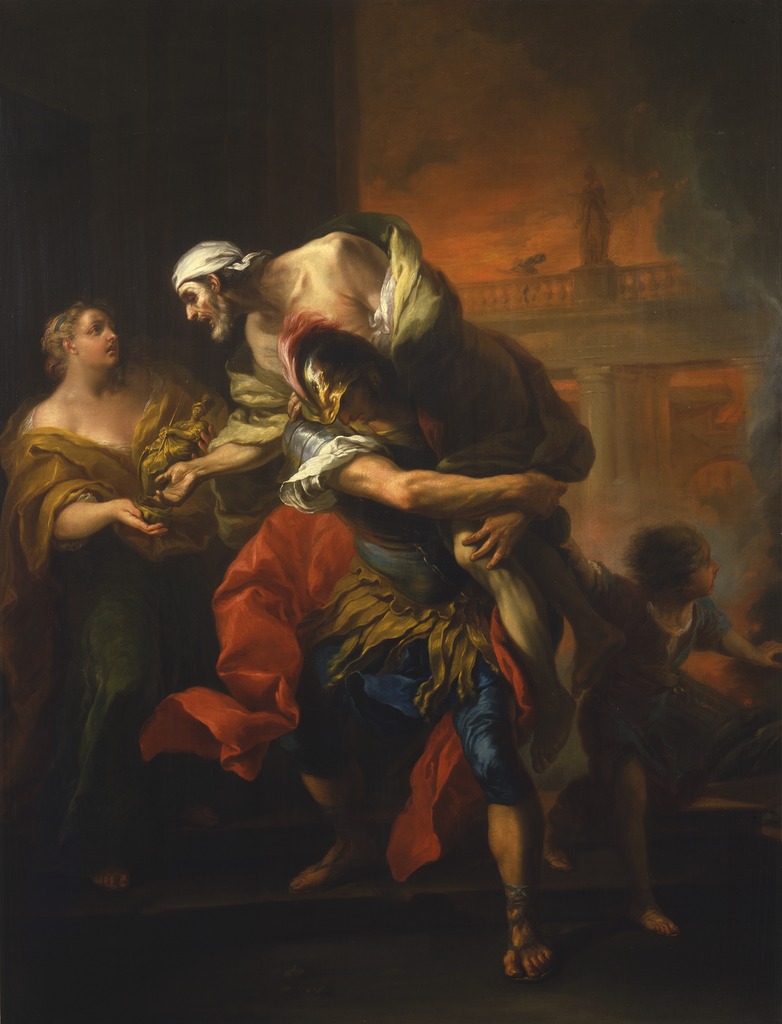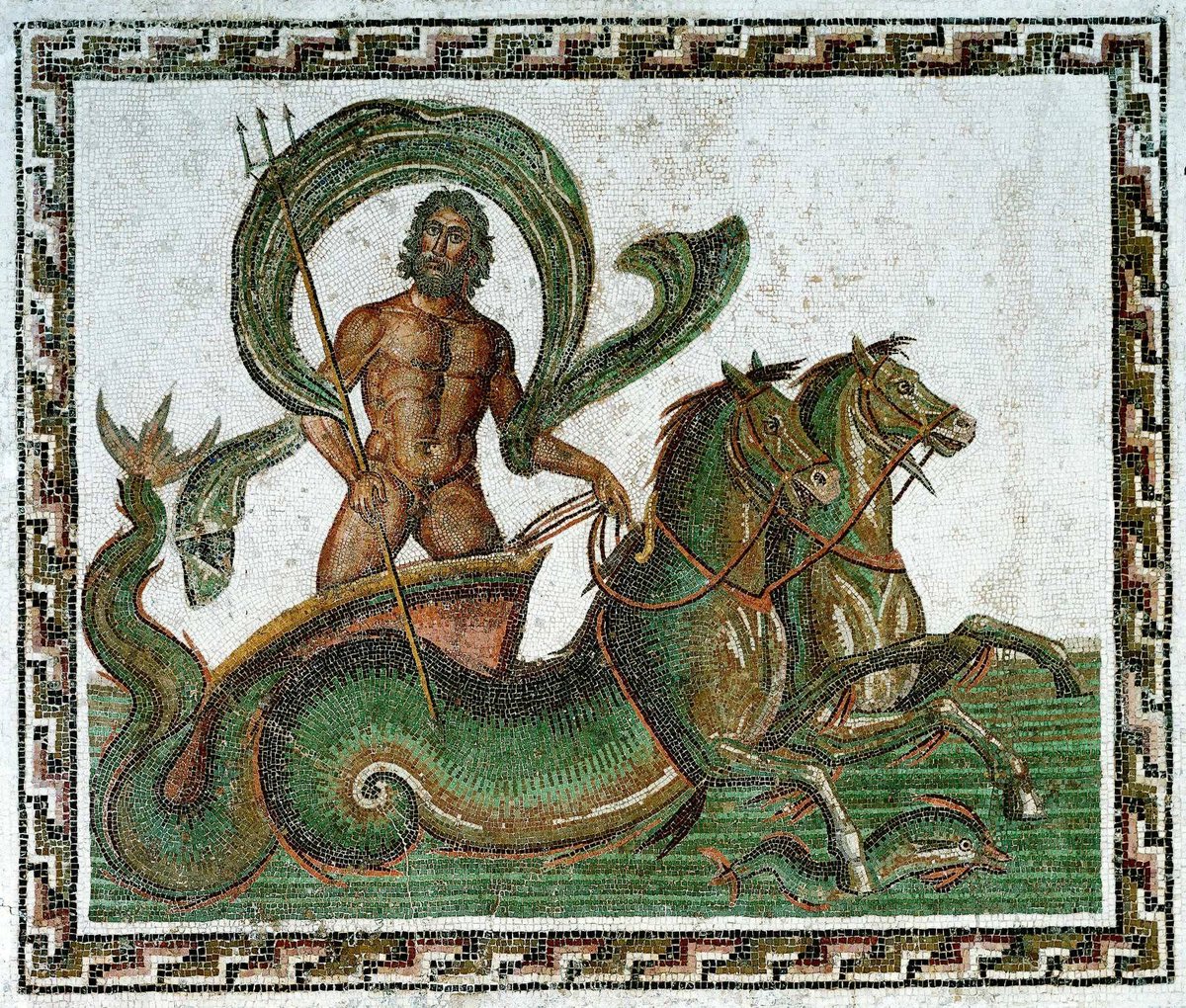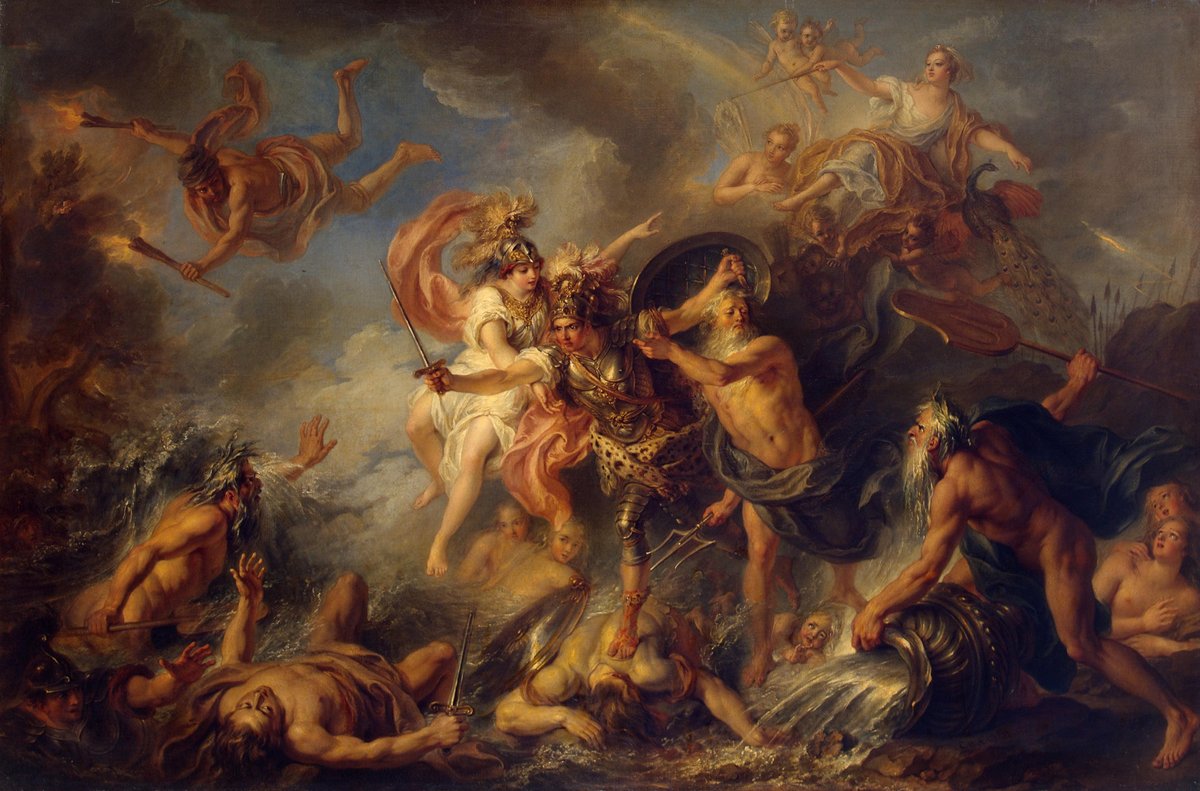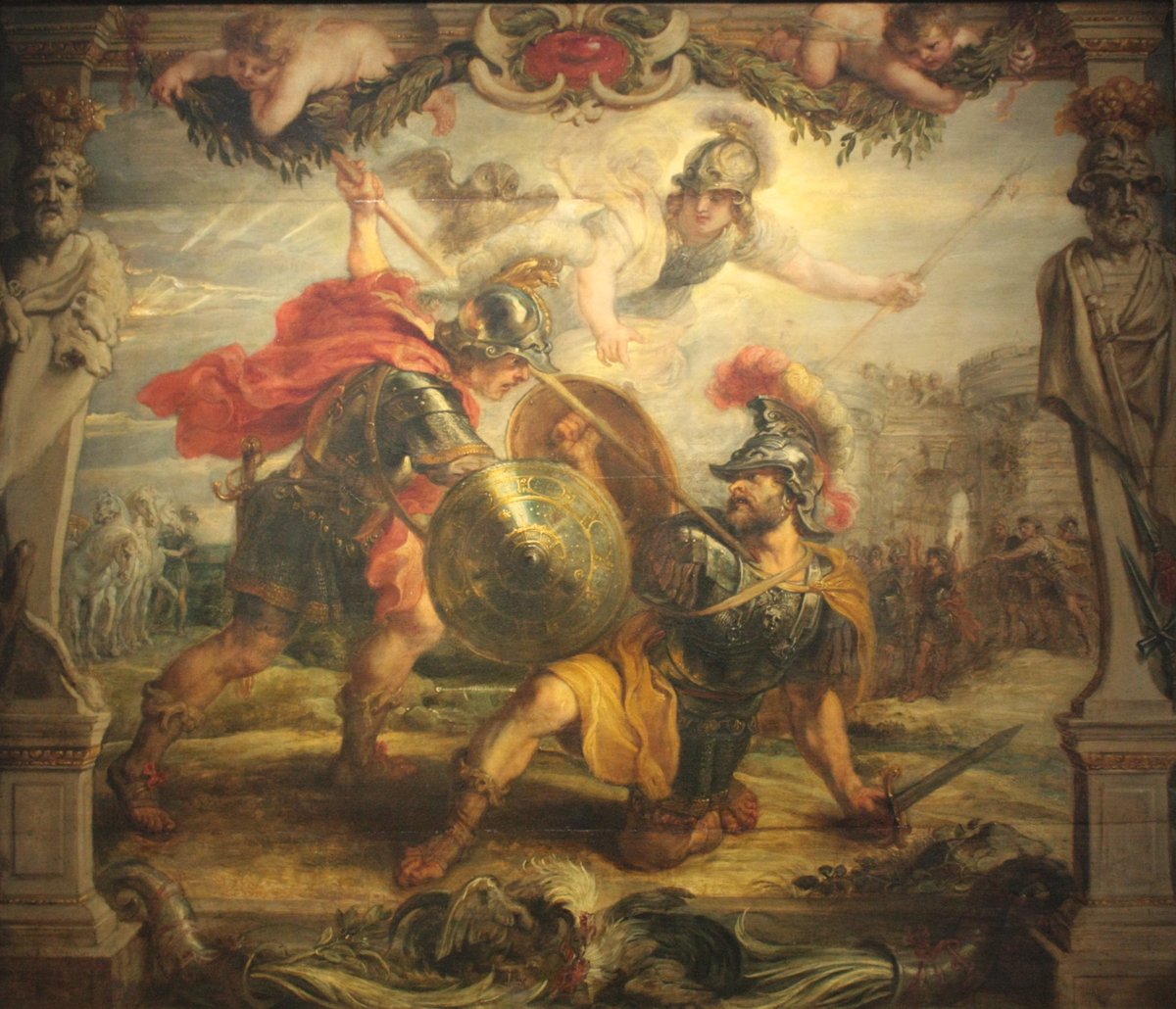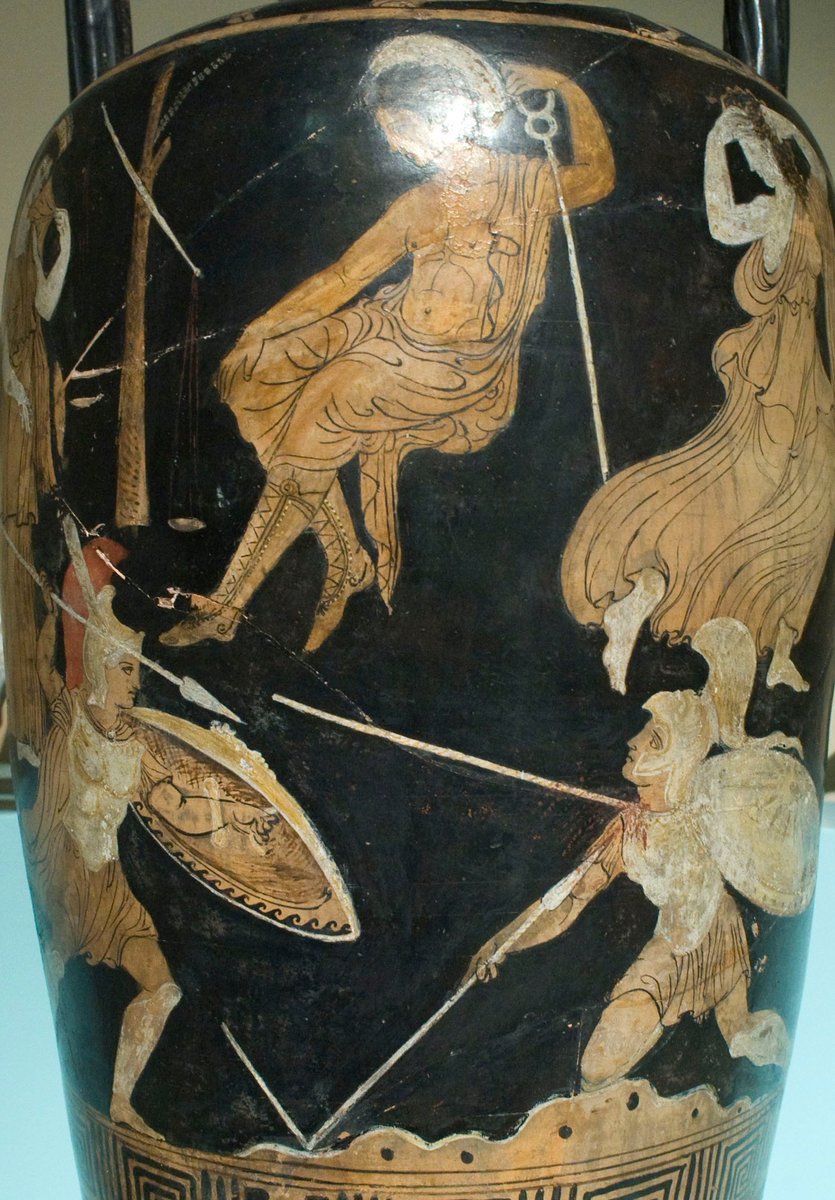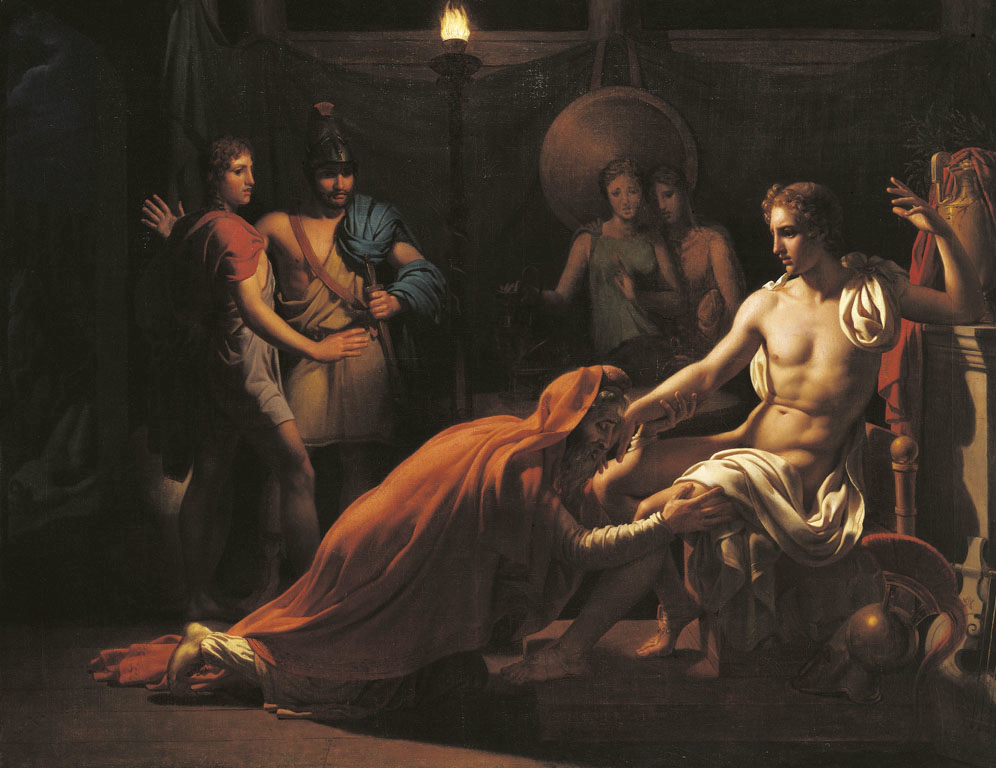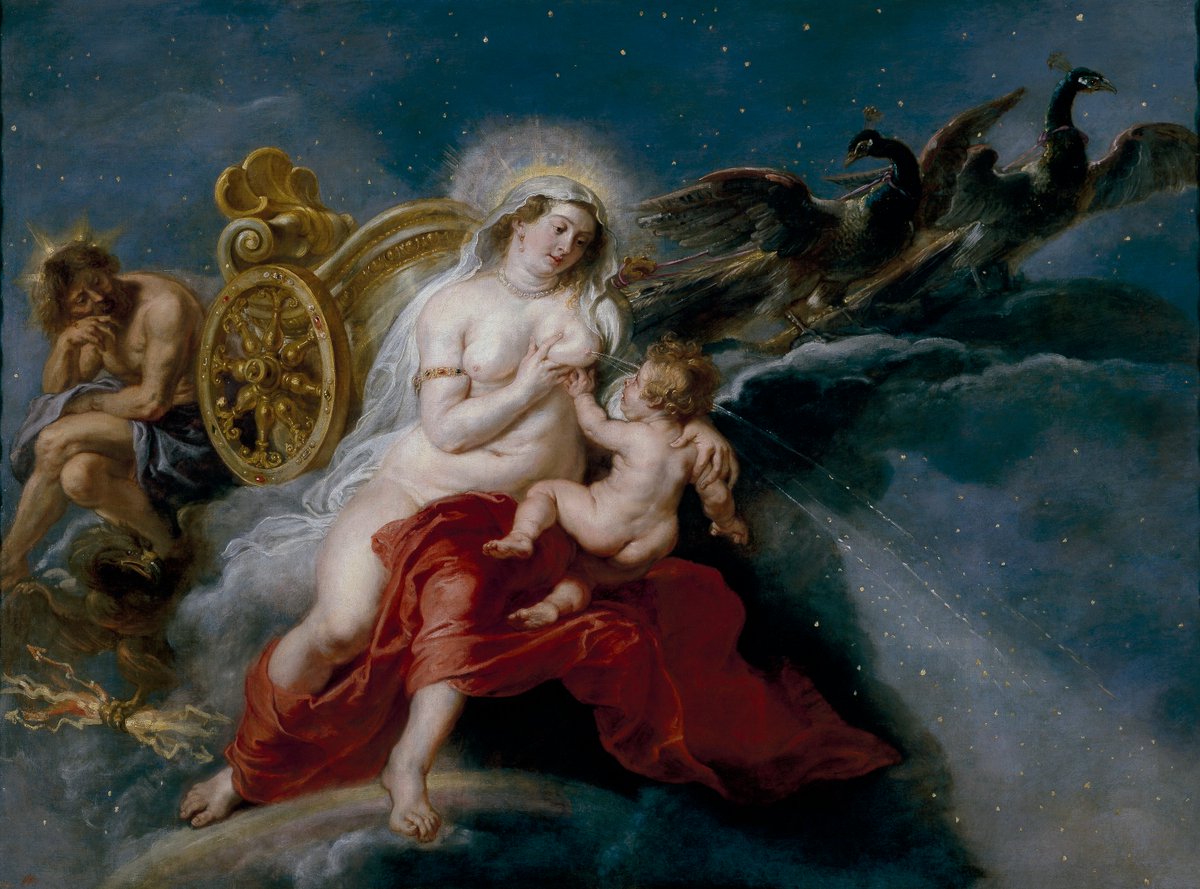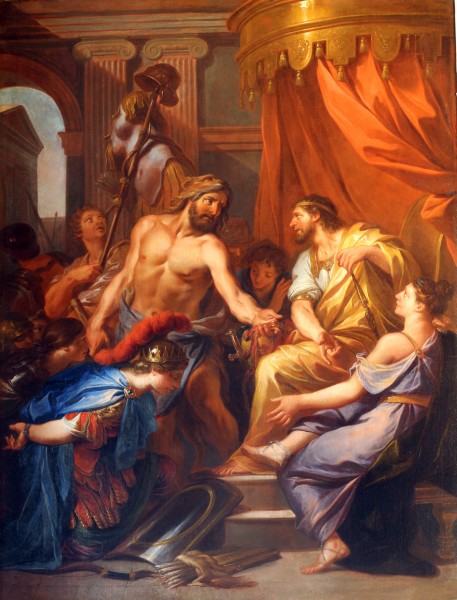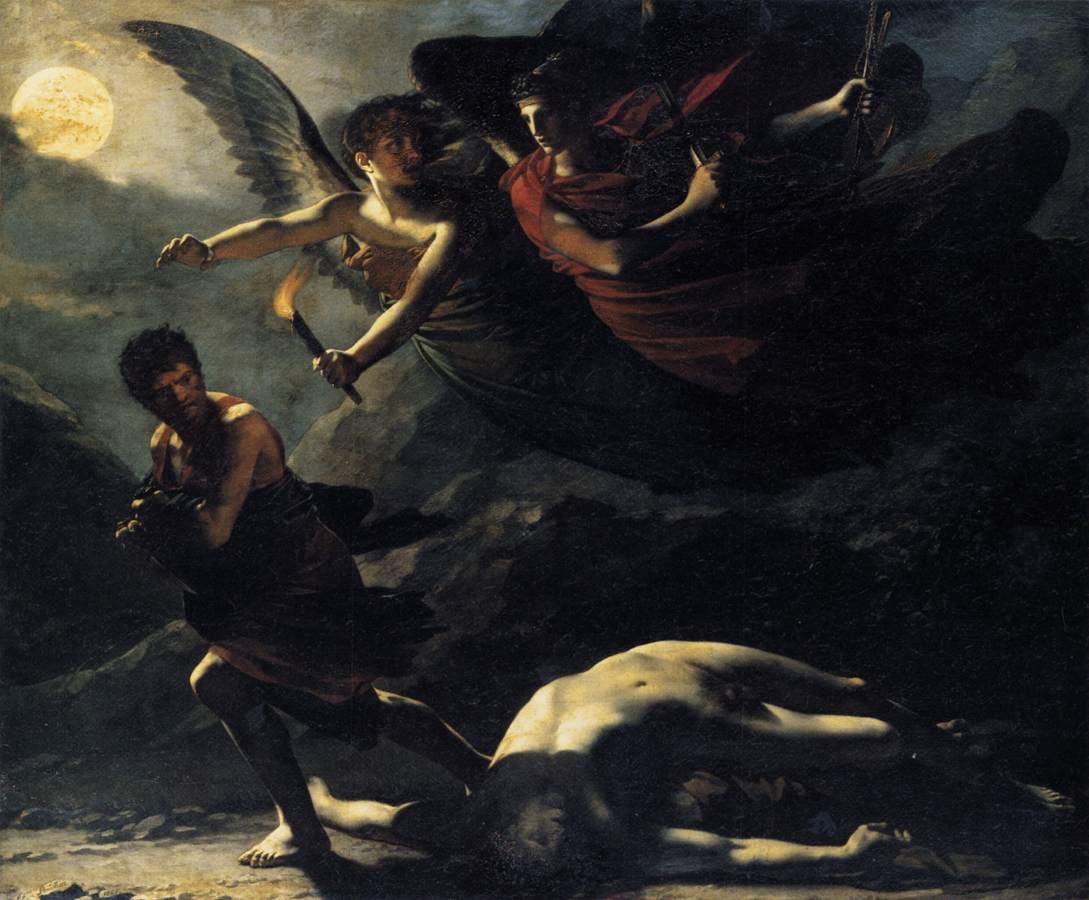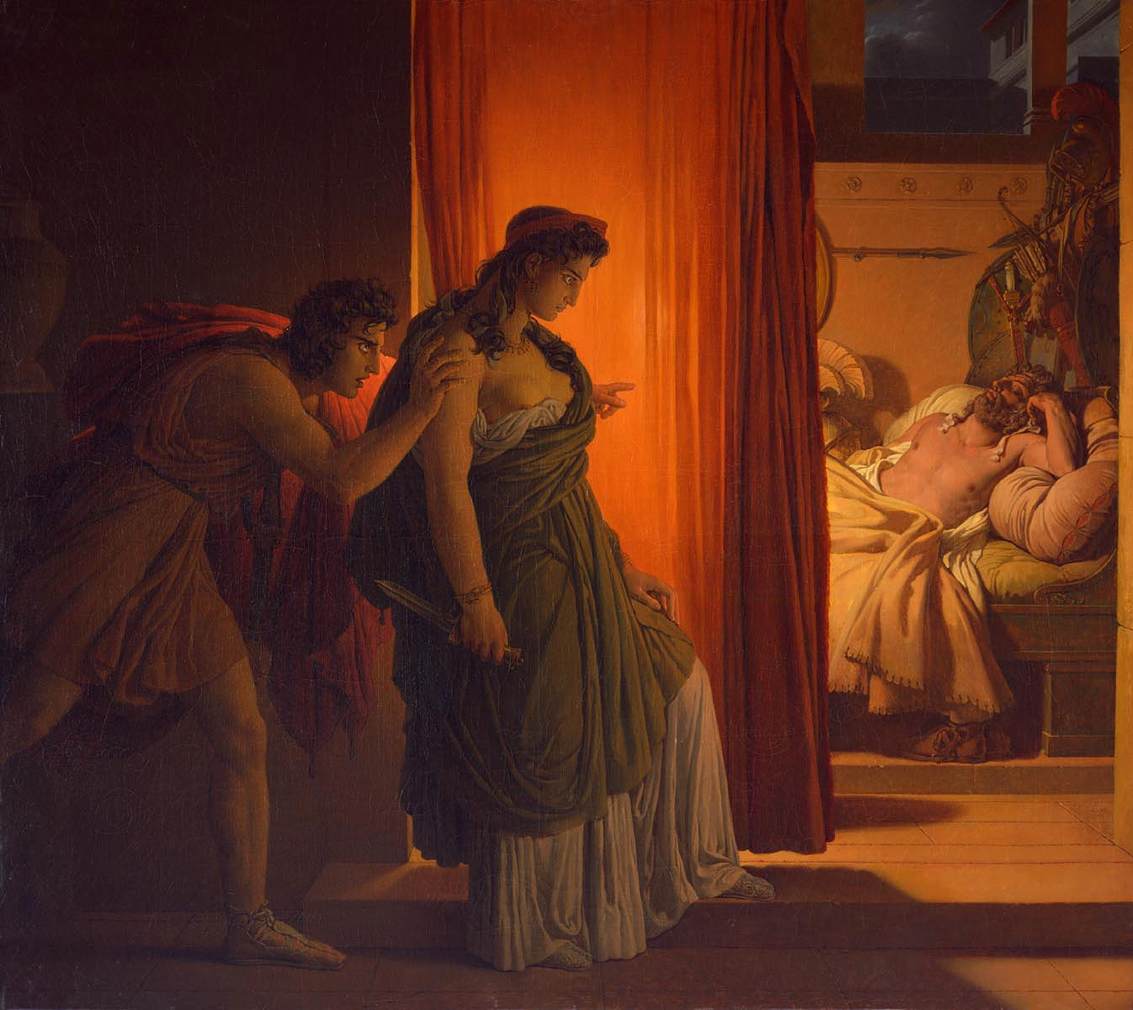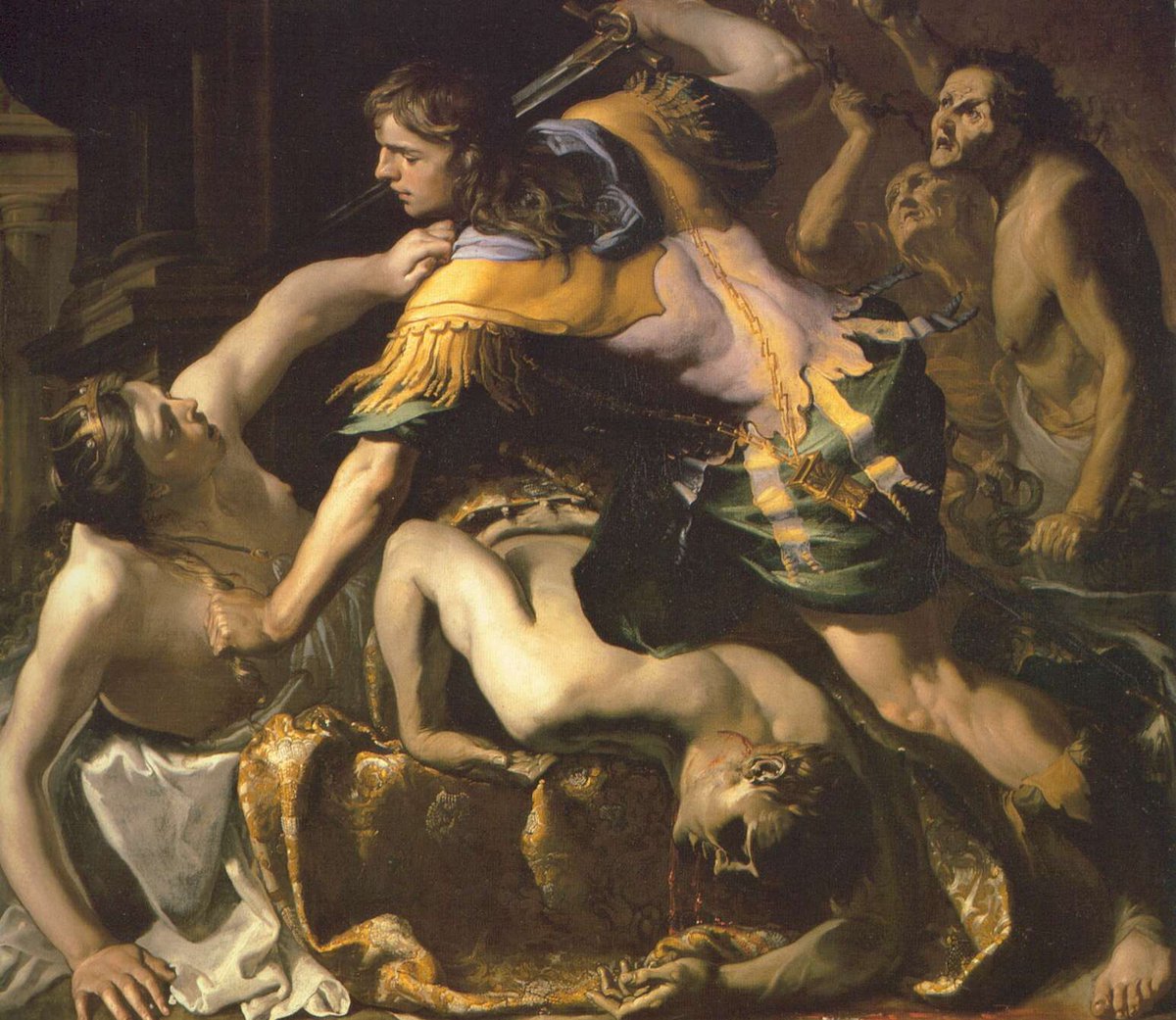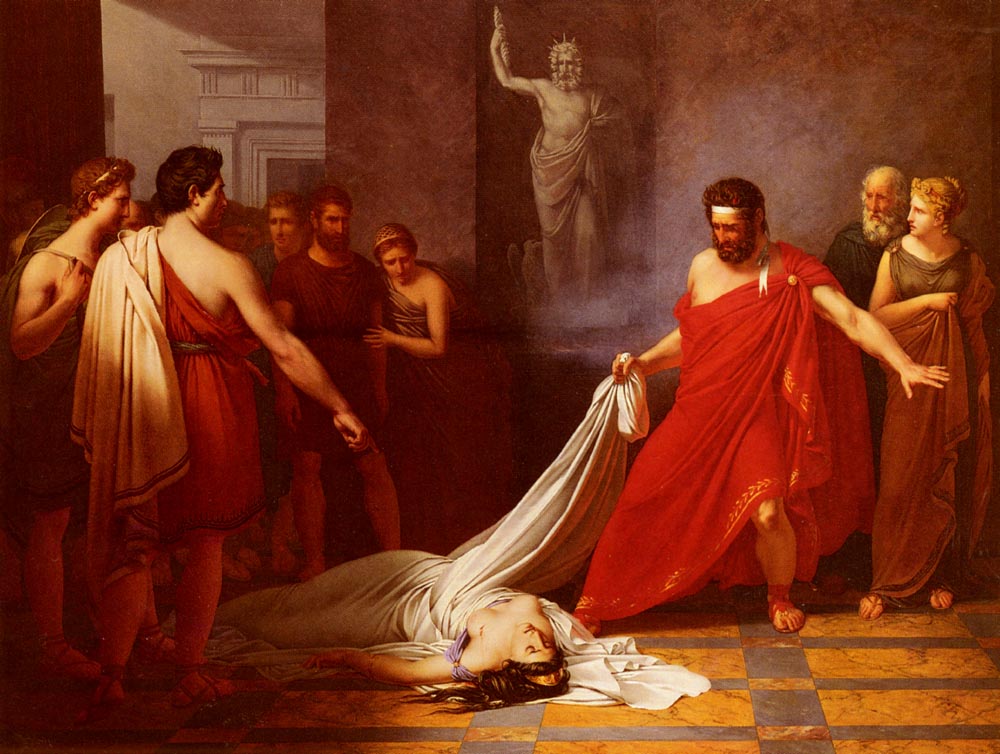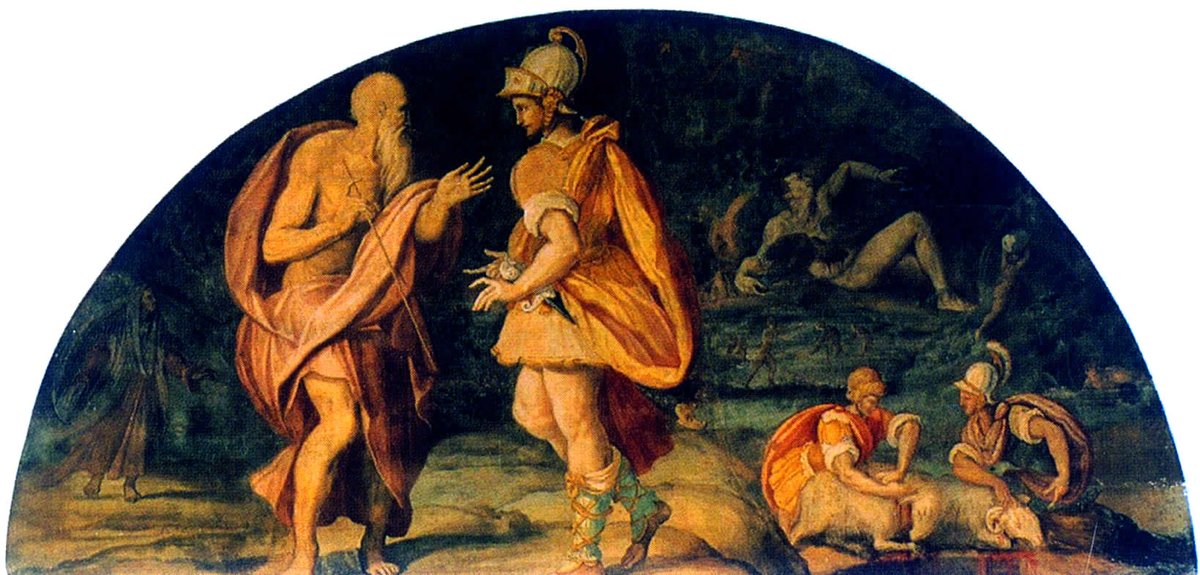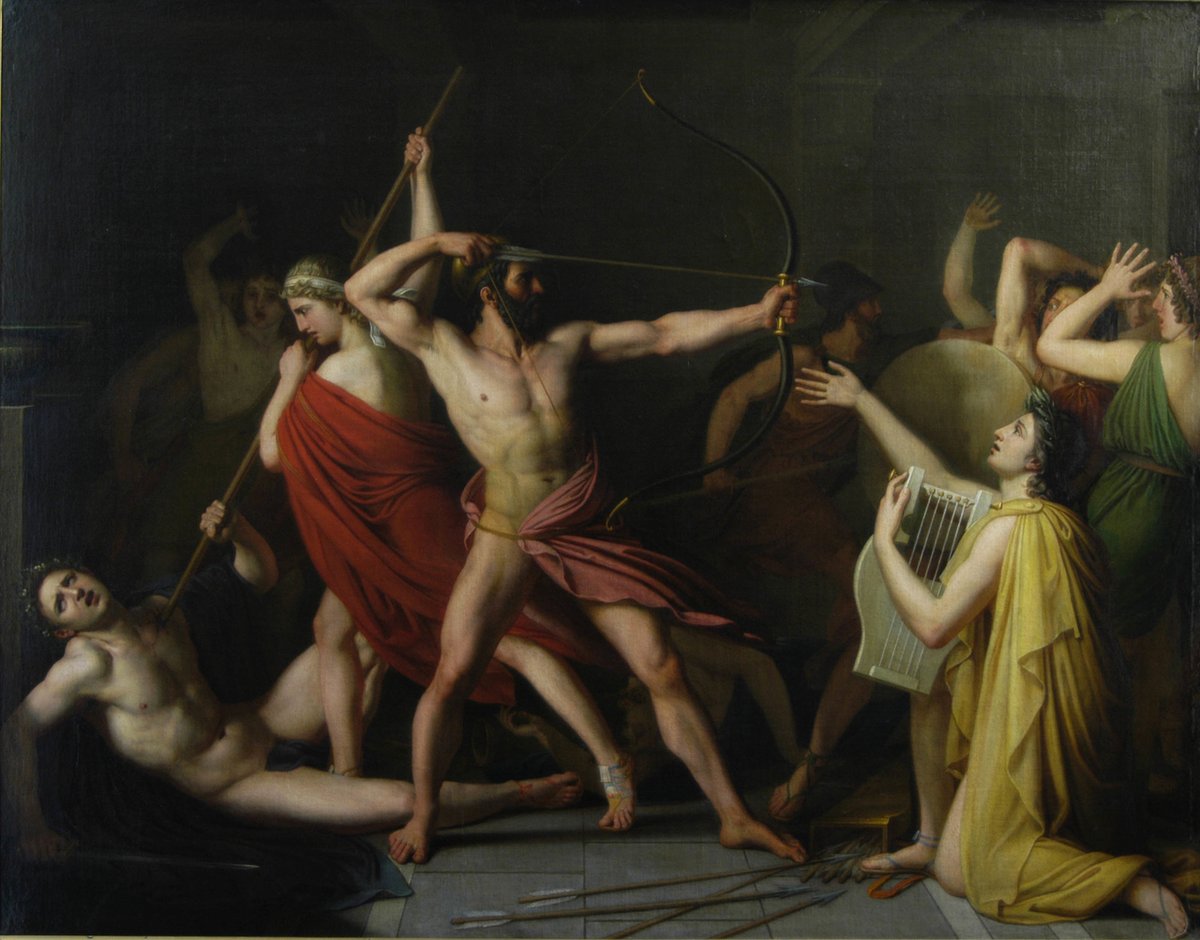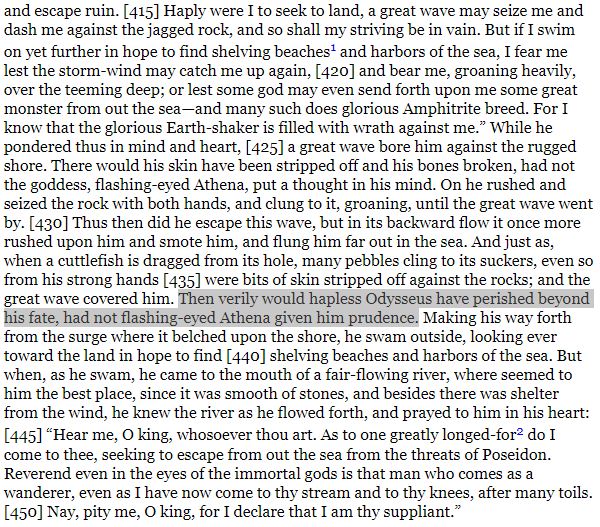On Fate and Free Will.
Part 1 on Homer.
Been wanting to write something on this a while. It is a topic of great interest in pagan lore. There is a huge misconception that the idea of fate means that choices and actions are all predetermined. This is not the case at all.
Part 1 on Homer.
Been wanting to write something on this a while. It is a topic of great interest in pagan lore. There is a huge misconception that the idea of fate means that choices and actions are all predetermined. This is not the case at all.
It is a misconception partly fostered by Christians. Eusebius wrote a diatribe about fate. To sum it up, he argues that no one should get credit for any deed or virtue because of fate, as an attack on pagan thinkers. Christians also have an idea of fate but they try to deny it.
I am sick to death of early Christian writers, so no more on that. I want to discuss the concept of fate on our terms, not their distortions. Though the distortion also comes through in popular conceptions and cliff notes studies of mythology(always Greek of course).
Homer is a good place to start, because his epics have fate and statements about it throughout. One thing that will be noticed on a close reading, is that fate does not have just one option for an individual. It is to some degree conditional. Achilles is the most famous example.
His fate if he stays in the Trojan War is to die there but have fame forever. But if he didn't go to Troy, or left before his death caught up to him, he'd live a long and average life at his home, but not be remembered. That's two paths in front of him for his lifespan.
There are other examples. A minor character in the Iliad(appears to have a brief blurb and is killed) is mentioned to have had the fate of dying of a wasting disease at home, so he went to Troy to avoid succumbing to that illness. Since he dies in battle, it doesn't happen.
In another case, Patroclus just about storms Troy after he chases the Trojan army to their city walls. Only an intervention from Apollo stops him. The gods were actually concerned that Patroclus may change the course of fate itself, and drastically alter events to come.
In another instance, Patroclus is facing Sarpedon in single combat. Sarpedon is a son of Zeus and king of Lykia. Zeus knows Sarpedon is going to be killed, and considers changing his fate by moving him back to Lykia from Troy. But Zeus decides not to, upholding fate as it is.
Another case is when Aeneas challenges Achilles. Aeneas is fated to lead the Trojans after the war, and re-found Troy and the royal line. But the gods see that Achilles is likely going to end up killing him which could mess that up, so they intervene to keep Aeneas alive.
Not only do the gods make sure Aeneas lives, Poseidon warns Aeneas not to try to fight Achilles again. Lest he die before he can fulfill his destiny. The god also tells Aeneas that after Achilles dies he has nothing to fear, he will live through the rest of the war unharmed.
Achilles almost gets killed by drowning in the Scamandros River. Which would mean he would not meet the fate of dying by Trojan arrows or avoiding that by gong home. Again, the gods intervene to stop the river from killing Achilles right there.
When Achilles and Hector fight, Zeus takes out scales and weighs the death(literally the death spirit) of both of them. Hector's turns out heavier, so he is doomed. The dying Hector tells Achilles of his own death soon to come. Achilles accepts this and is untroubled.
Achilles is on the left, Memnon is on the right. Hermes is in between then, and it you look on the left you can see scales, the right end is heavier. Memnon is doomed. This is
Achilles brings up the jars of Zeus in conversation with Priam(king of Troy). Zeus has a jar full of good fortune, and another full of bad fortune, and he distributes some of these to every life born into the world. But not once is it said there is no choice in how one reacts.
Another example from the Iliad is the story of Herakles' birth. Zeus told the gods that a descendant of Perseus was going to be born that day that would be a great king. Herakles would have had that fate. But Hera delayed his birth and made Eurystheus be born prematurely.
Eurystheus was also a descendant of Perseus, so he fit the criteria and got that position by fate. So he ended up being the king and Herakles had to serve him. Herakles instead got a hard life of suffering and hardship. But Herakles ascended to heaven on a pillar of fire
In the Odyssey, right at the start Zeus says “Look you now, how ready mortals are to blame the gods. It is from us, they say, that evils come, but they even of themselves, through their own blind folly, have sorrows beyond that which is ordained."
There is something interesting
There is something interesting
ὑπὲρ μόρον is the phrase. "Beyond fate". Zeus is saying here that mortals add sufferings that are not fated to be, through their own doing. He is referencing Aegisthos here. Aegisthos plotted with Clytemnestra to kill Agamemnon. Zeus sent Hermes to him to warn him to stop.
If Aegisthos does succeed, he will end up tearing Mycenae apart and both he and Clytemnestra will be killed by Orestes son of Agamemnon. Aegisthos did not listen to Hermes about any of this, and things went exactly like the god warned him when he did it anyway
Aegisthos could have avoided that particular fate. Because not everything is pre-ordained, and choices and reactions are not either. Certain events are pre-ordained, and when they are circumstances wind their way to that end no matter what anyone does. That is what fate is.
But fate is often conditional. Do this, this happens. Do that other thing, there is a different course of fate for it. Don't do this, or such and such fate is triggered. Fate is not always absolute, and the specific actions of the gods and men are not bound by it.
When Odysseus consults the prophet Tiresias about the future, Tiresias warns him that he and his crew will make it back home if they show restraint and endure when it is needed. We know how that goes, the crew doesn't and all end up dying. Odysseus shows restraint and survives.
"But Amphinomus went through the hall with a heavy heart, bowing his head; for his spirit boded bane. Yet even so he did not escape his fate, but him, too, did Athena set in bonds so that he might be slain outright at the hands of Telemachus and by his spear." - Odyssey Book 18
That is another important example. The suitors in the Odyssey are given warnings about their coming fate. Simple admonishments that their behavior will catch up to them. Omens from the gods. The seer telling them. But they do not listen. Here Athena doles out fate to one of them.
Another passage from Homer(the Odyssey) that shows my point. This is when Odysseus had left Calypso and is out on the sea on a raft. Poseidon notices him, and sends a storm on him. The raft is destroyed, Odysseus has to swim in the churning sea. He is saved by several gods.

 Read on Twitter
Read on Twitter